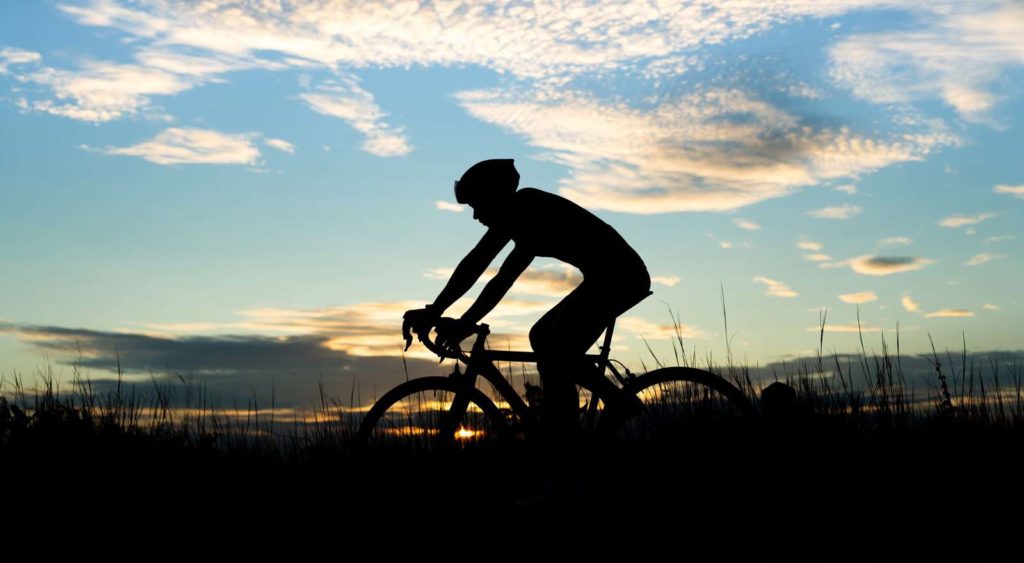Will CBD Oil Fail a Drug Test? Get the Facts
2020.10.29
Chances are, you've heard of CBD oil. Although cannabidiol (CBD) is legal in only a few places in Latin America, most of us have heard of it or even managed to try it. What does CBD oil do? It is ideal for treating several conditions. Some already incorporate it into their daily routines, be it to treat anxiety, pain, insomnia, or many other disorders.

Something else you should know is how to take CBD oil. You can try methods such as vaping, capsules, and placing it below the tongue. Although more studies are needed on CBD, the undeniable thing is that more and more people are choosing to use it. But some, especially in places where it is not yet legal, have concerns about it.
Does CBD Oil Show On a Drug Test?
If you are taking a drug test for whatever reason (work, routine checkup, post-rehab checkup, etc.), you may be concerned that CBD may show up on the test, as most of them look for cannabis concentrations. However, CBD is highly unlikely to show up as the tests look for THC metabolites, not CBD.
What is the difference between CBD and THC?
The key is to understand the difference between THC and CBD. CBD and THC are natural elements in cannabis. CBD is mostly found in hemp plant extracts, while THC, the main psychoactive element of cannabis, is present in flowers. Unlike THC, CBD does not "high" you because it is a non-psychoactive compound.
Things get a bit more complicated. There are several different types of CBD, and some have traces of THC.
The Difference Between CBDs
If you consume CBD oil derived from full-spectrum hemp, the product legally cannot contain more than 0.3% THC. "Full spectrum" or "whole plant" means it has all the natural components that it came with. It contains terpenes and other types of cannabinoids like CBG, THCV, CBN and very small amounts of THC.
There is also broad spectrum CBD, which is similar to full spectrum in that these products will still have the compounds found in the plant (such as terpenes), but without any THC. Finally, there is CBD isolate, which is CBD in its pure form and is exactly what it sounds like: pure cannabidiol that does not have any additional components from the plant, including THC.
How Much THC Should be in Your System for the Test to Be Positive?
This depends on the drug test you are taking. In a urine sample, there has to be at least 50 nanograms per millimeter to be detected. If more than 15 days have passed, it is very unlikely that THC will be found.
If the test is for saliva, there is no set amount of THC in your system to show up. With these types of tests, you can detect THC only within 72 hours of consumption (unless you have consumed a lot of THC for a very long period).
In a blood test, the results show what is currently in your system.
Lastly, with a hair sample, you would need to have one picogram per milligram of THC to be detected, and THC can be in your hair for about three months.
How Can You Avoid Failing a CBD Drug Test?
Make sure the CBD products you are consuming are properly labeled and read the ingredients. This can be misleading. If you want to get away from THC completely, make sure you're not consuming full spectrum products. You can also ask the source that sold them to you. But since CBD is not regulated, there may be a chance that the products you get will contain more CBD than they claim. Check out the California drug testing laws to see what substances are included in a standard drug test.
If you take high quantities of full-spectrum Cannabidiol, there is a risk that you have accumulated enough THC in your system to fail the test. Consider the amounts of CBD you are taking.
More Articles
Copyright © Fooyoh.com All rights reserved.